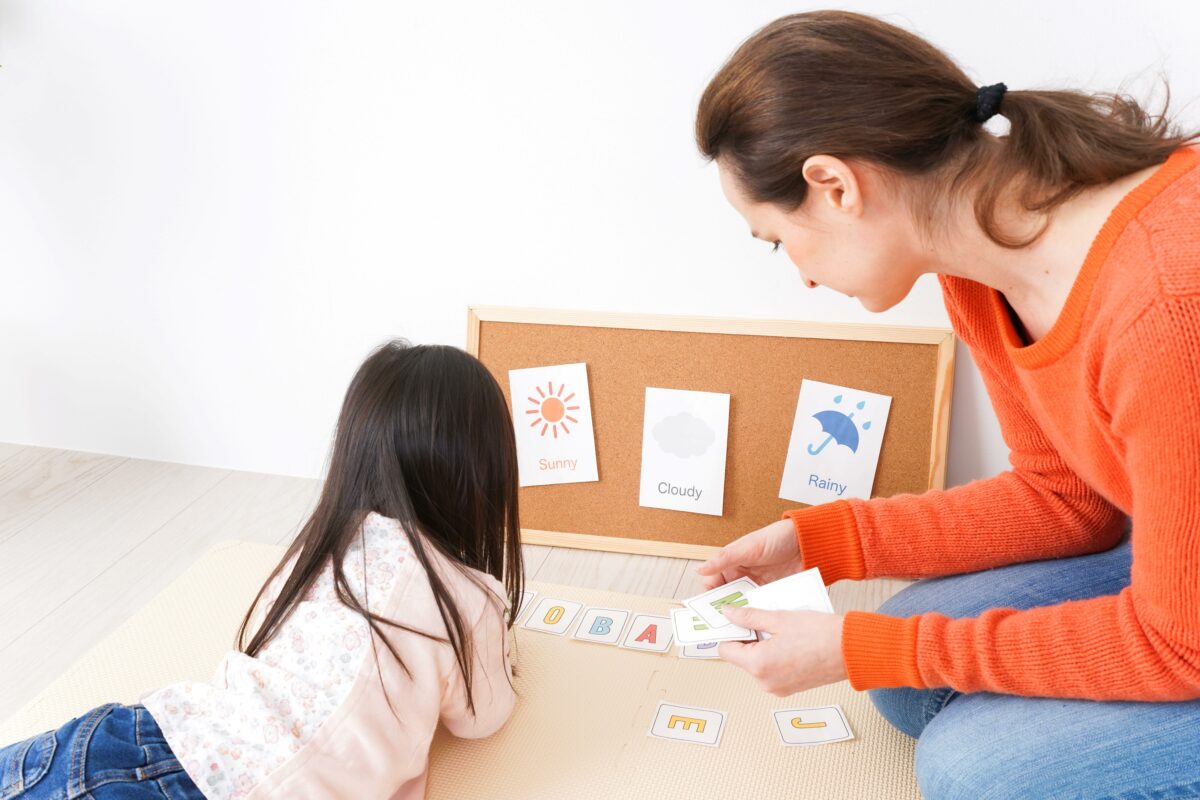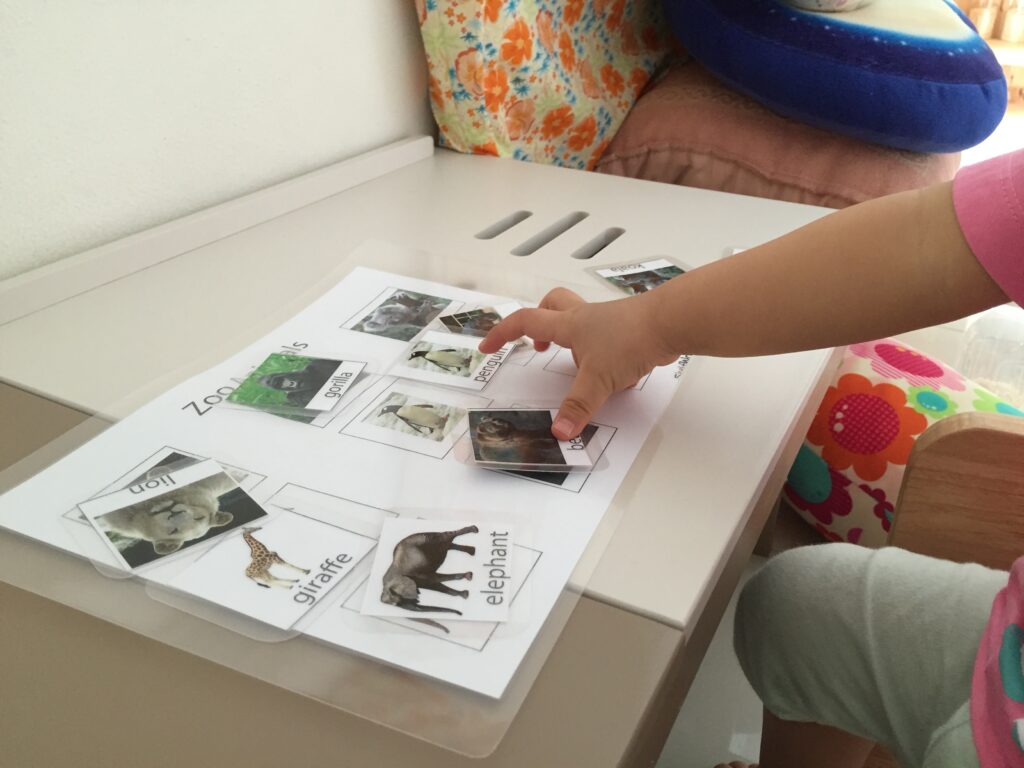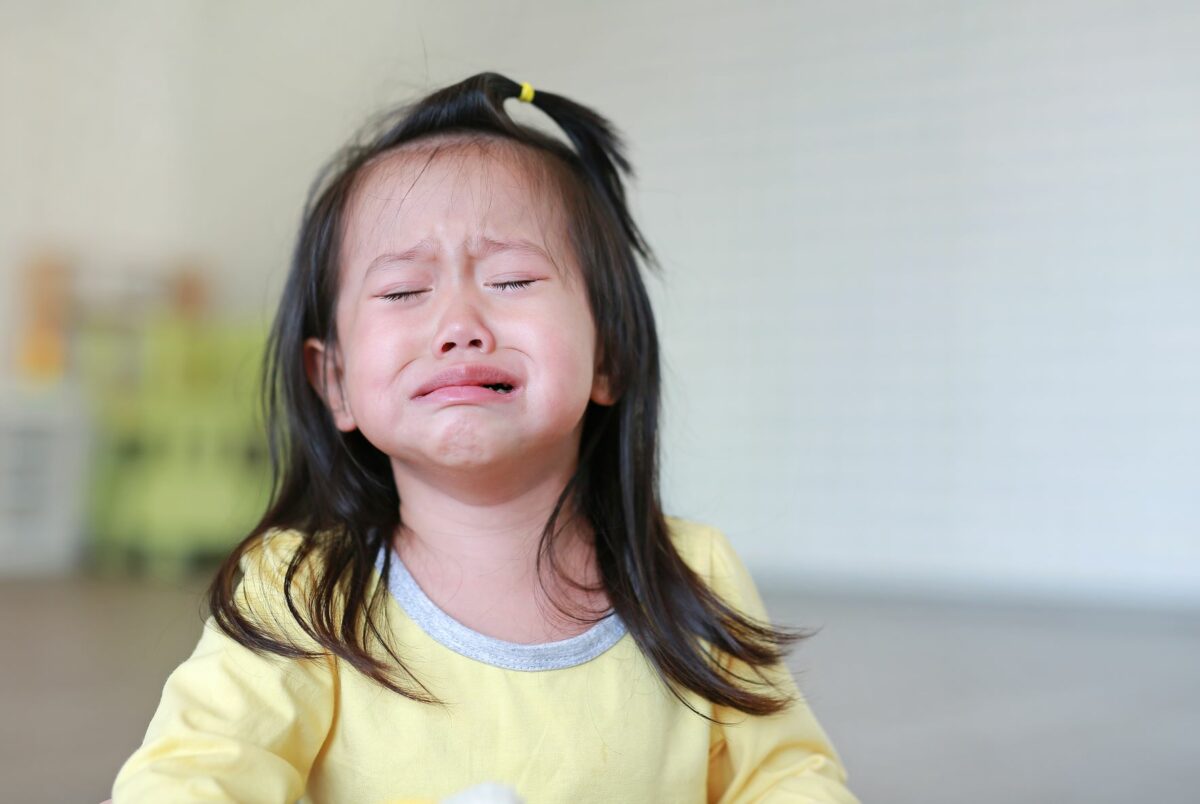Parents Zone
March 2023

Source: Senior Nutritionist, Ng Yiu Fun
Many children and their parents go outdoors in the summer and feel very hot afterwards, so they want to go into the shopping mall to enjoy the air conditioning. At this time, if someone sneezes, children are easily susceptible to catching a cold or flu. How should parents deal with this problem? The first part is how to take care of them, and the other part is the diet to strengthen their immunity.
First of all, we should not enter the shopping mall immediately when it is too hot. When you are sweating a lot, you need to wipe off the sweat. In fact, sweat carries away the heat from our bodies, so the process of wiping off sweat makes it easier for the sweat to evaporate and carries away some of the heat from our bodies. It would be better for us to enter the shopping mall when our bodies are a little cooler.

Also, always be prepared with a jacket. Adults are the same; they need to have a shawl, which can be relatively better. On the other hand, if a child’s clothes are soaked, we should prepare an extra set of clothes to replace them, so that the clothes won’t stick to their back and cause them to catch a cold. In fact, the current towels are very long and can be placed on the back. After wiping the sweat with a towel, the clothes can remain dry.
In terms of diet, we can pay attention to whether children have a balanced diet. However, we must remember that children are picky eaters because they are still young, want to be independent, and have many opinions. But when we insist on letting them continue to try every food, even if they don’t eat it today, they can try it again another day. They may try it and get used to it after eating it many times, and then they will not be picky eaters. Perhaps the first time they try it, they may feel like vomiting just after putting it in their mouth, but it doesn’t matter because they have already tried the taste. But we can all be indomitable and keep trying.
In addition to having children eat their meals, I always recommend adding some millet to the rice when cooking because millet contains many different vitamins and minerals that can enhance the immune system, especially the rich vitamin B complex as well as calcium and iron. Also, remember to eat all kinds of vegetables and fruits; don’t just focus on studying and forget to eat fruits. Vitamin C can also help us increase our immunity.

Having such things can help children build a foundation, and we don’t need to take supplements. because it’s difficult to know if supplements are taken in excess, especially now that many people are taking fish oil capsules. In fact, the amount of fish oil capsules may be too much, and it may cause the blood to become thinner.
Another issue is the source of fish, which may be at risk of pollution if we don’t know where it comes from. It’s better to eat fresh fish, and red snapper is rich in Omega-3 fatty acids.
Finally, you can cook some soup, which my own children drink and which helps to improve their immunity. They don’t often bring home sickness after school, nor do they often miss school. It’s called “soup with walnuts, cashews, and chestnuts.” I buy two ounces of walnuts, two ounces of cashews, and half a pound of chestnuts, and I add some corn and carrots. You can also choose whether or not to include lean meat. Because it already has a sweet taste, the whole family can drink it, even babies over one year old, to strengthen their immunity and prevent illness.


































